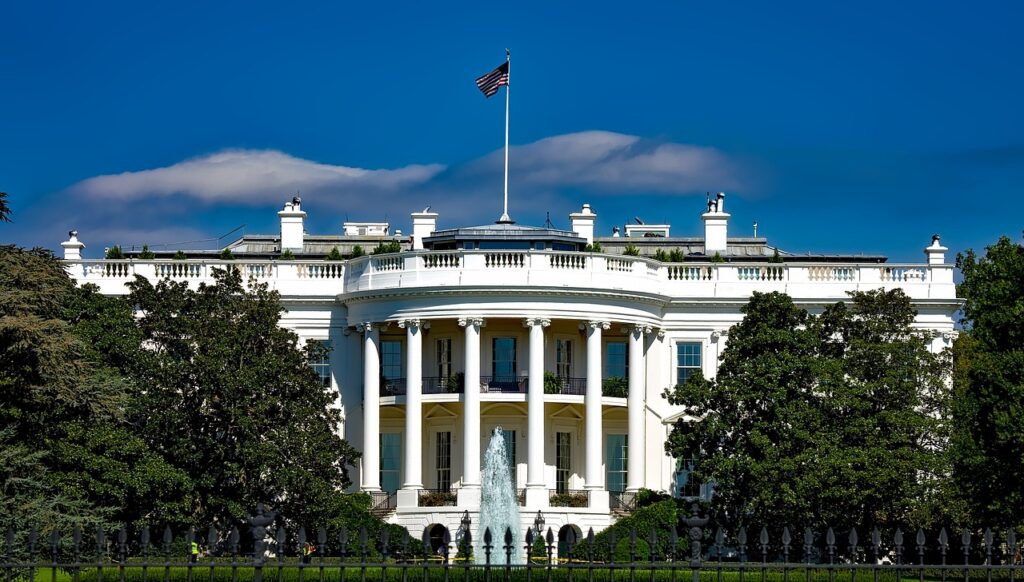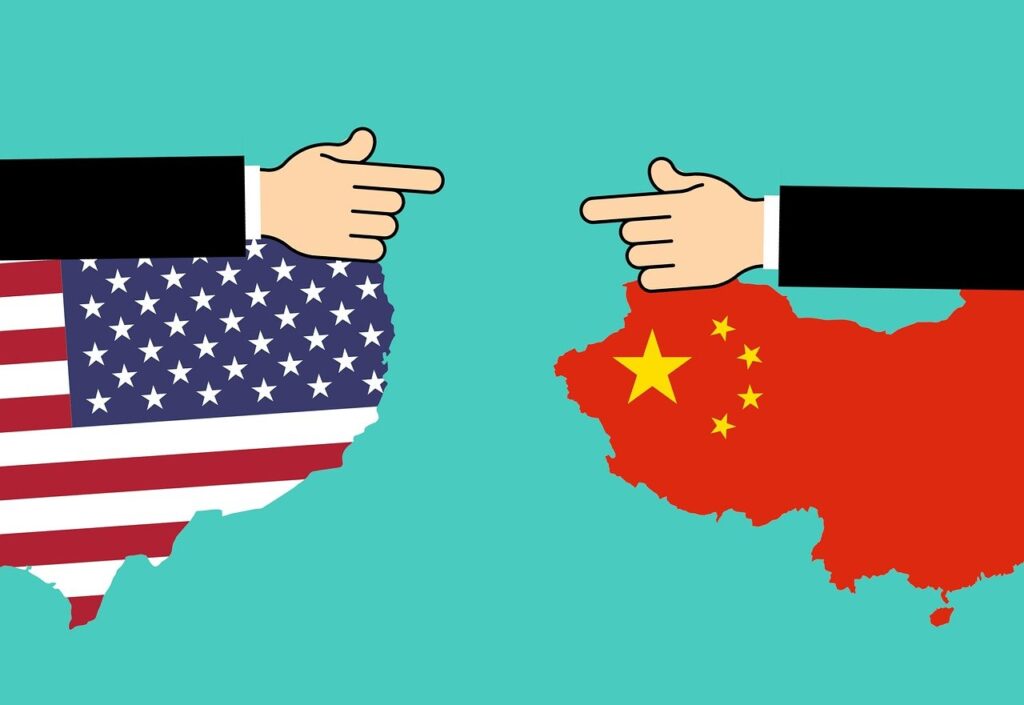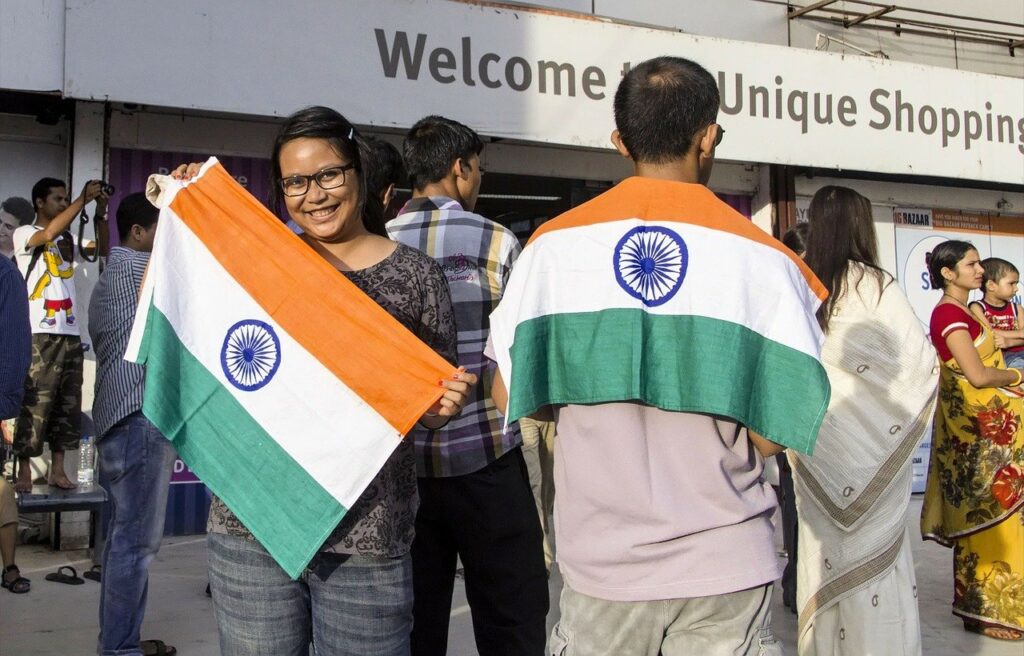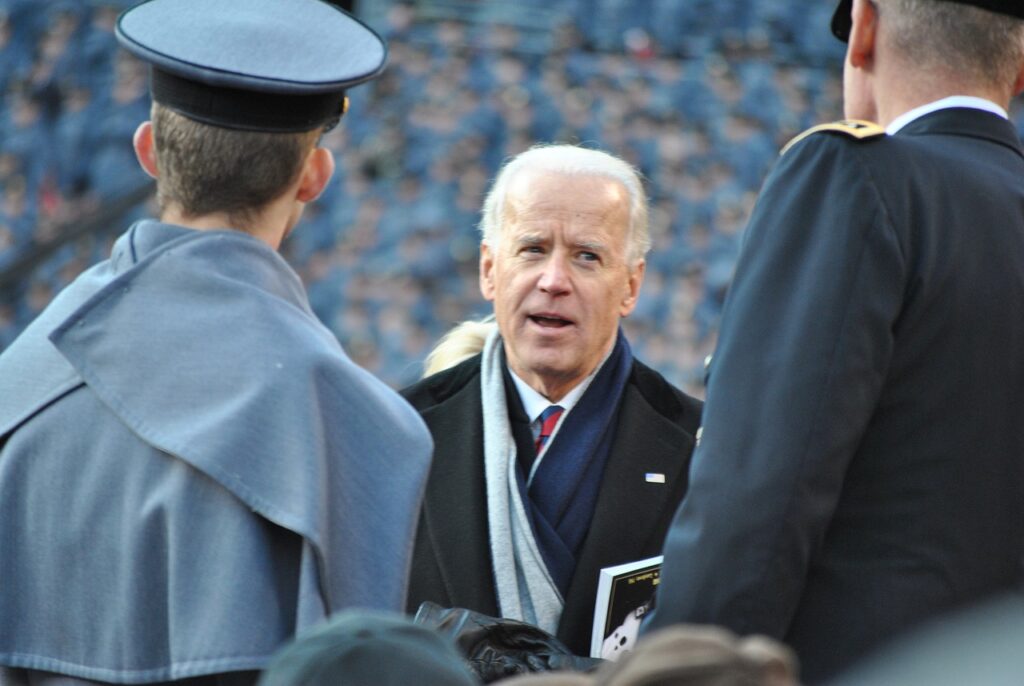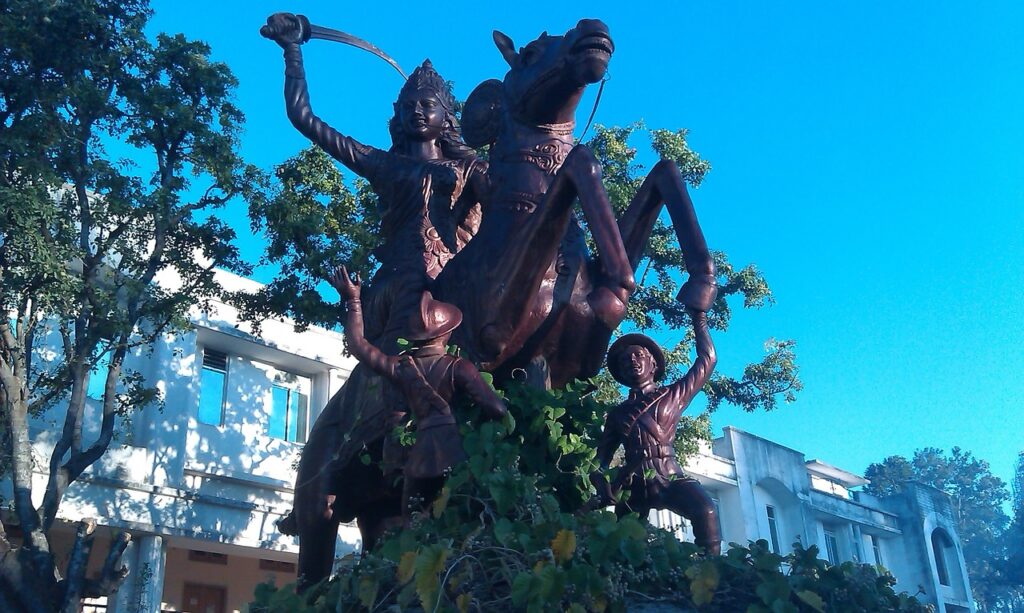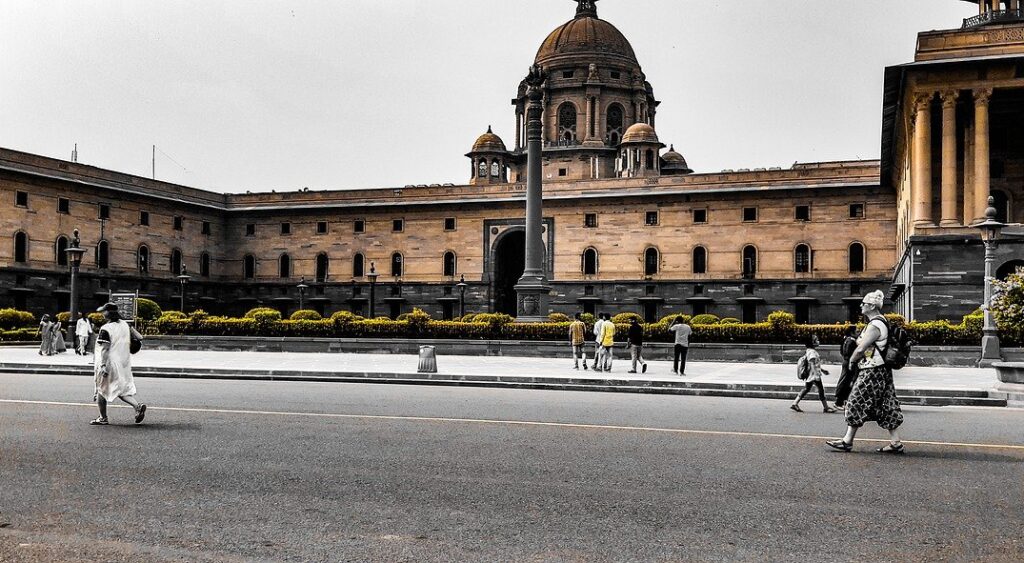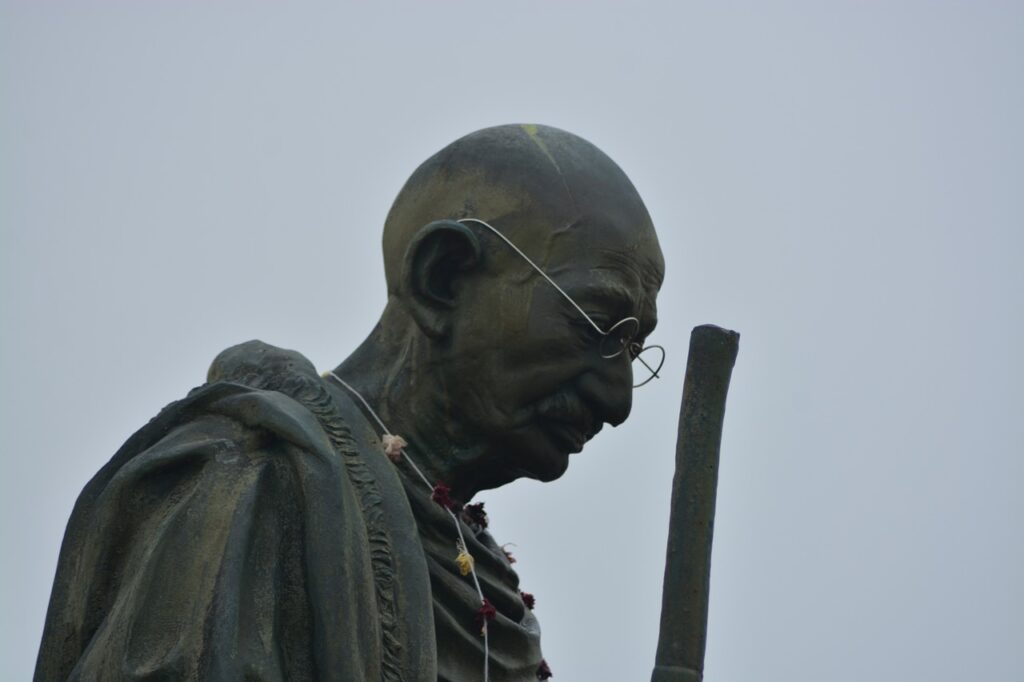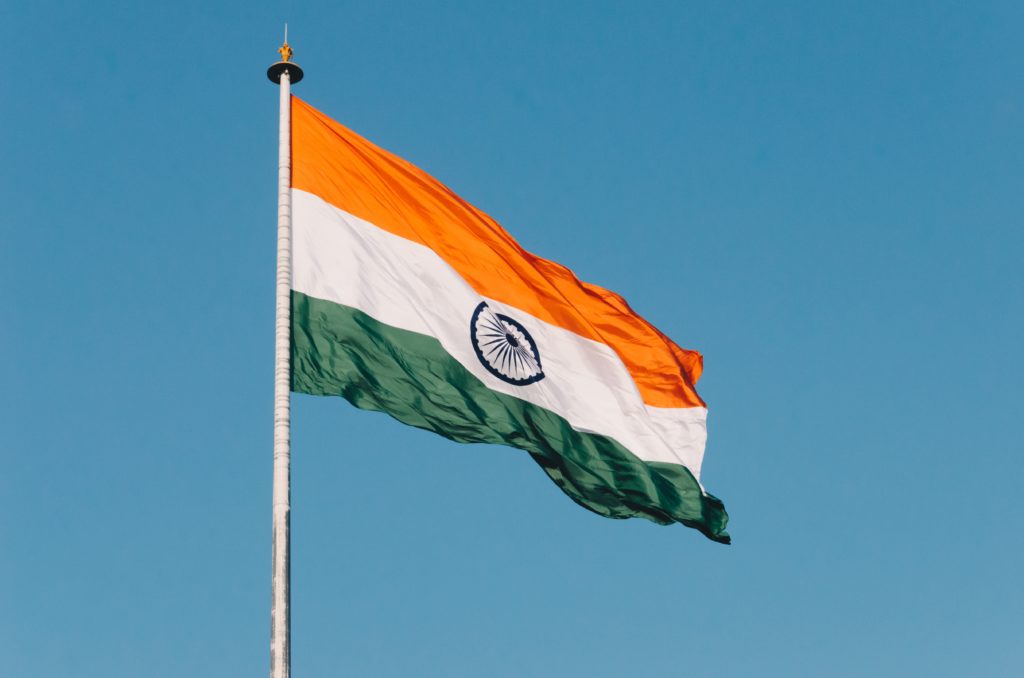In the wake of the Ukrainian crisis, there was apprehension that U.S. foreign policy might just end up taking the wrong turn and focusing on Russia. But Biden's new National Security Strategy portrays Russia as a declining imperialist power and pins the focus on countering China in the Indo-Pacific.
Posts published by “Armaan Mathur”
Armaan Mathur is pursuing Political Science Honours at Kirori Mal College, Delhi University. He has previously written for the Student Edition of the Hindustan Times and is passionate about history, political science, literature and international relations.Ancient China was a self-contained and inward-looking economy with mostly domestic-driven prosperity, and it saw the world as a hierarchy of states with China at the centre. But today, China’s prosperity is linked to the globalisation of its economy, making such a hierarchical order difficult.
It is safe to say that a Second Republic is already here. While the First Republic was defined by the values of the Indian freedom struggle, the Second Republic is defined by the Hindu religious identity. Is India then beyond redemption? Ultimately, the people must decide which republic they want to live in.
The Summit for Democracy was a product of complex U.S. realpolitik – one which seems to have conflated the goals of subduing China and espousing democracy. But if America truly wants to contain Chinese influence, couching its foreign policy in terms of democracy will prove counterproductive.
For years, linguistic passions sometimes transcended religion or caste as a priority for many. But linguistic identities struggled to win majorities at the Union level and eventually gave way to caste and religious politics. The focus must now be on clearly articulating what constitutes the Indian identity.
History has a tendency to repeat itself, so most people either think that the past has no relevance today, or they view even the distant past as being one and the same as the present. That is why politicians are able to use the demolition of temples by Aurangzeb to perpetuate hate against innocent Muslims today.
Centralisation might seem at first glance to improve efficiency. But that isn’t always the case. Centralisation of power by the Union government has undermined the fiscal and policy autonomy of states, and altogether weakened governance in India. The Opposition must fight to reverse the trend.
Mahatma Gandhi and Rabindranath Tagore enjoyed lively debates about nationalism, cultural identity and much more. Their debates have lessons for India on policy and governance, but they also show that if leaders can disagree with mutual respect, they can broaden and enlighten public discourse.
"You acknowledged the fragility of a unifying pan-Indian emotion, and knew what caveats to heed and precautions to take. You recognised the divisive tendencies which lay at the heart of India’s communal Partition. You knew, too, that we, your progeny, must protect ourselves against these. Yet, we faltered."

